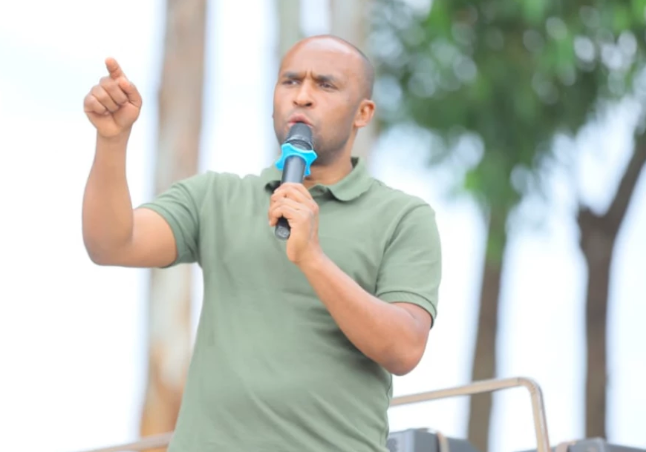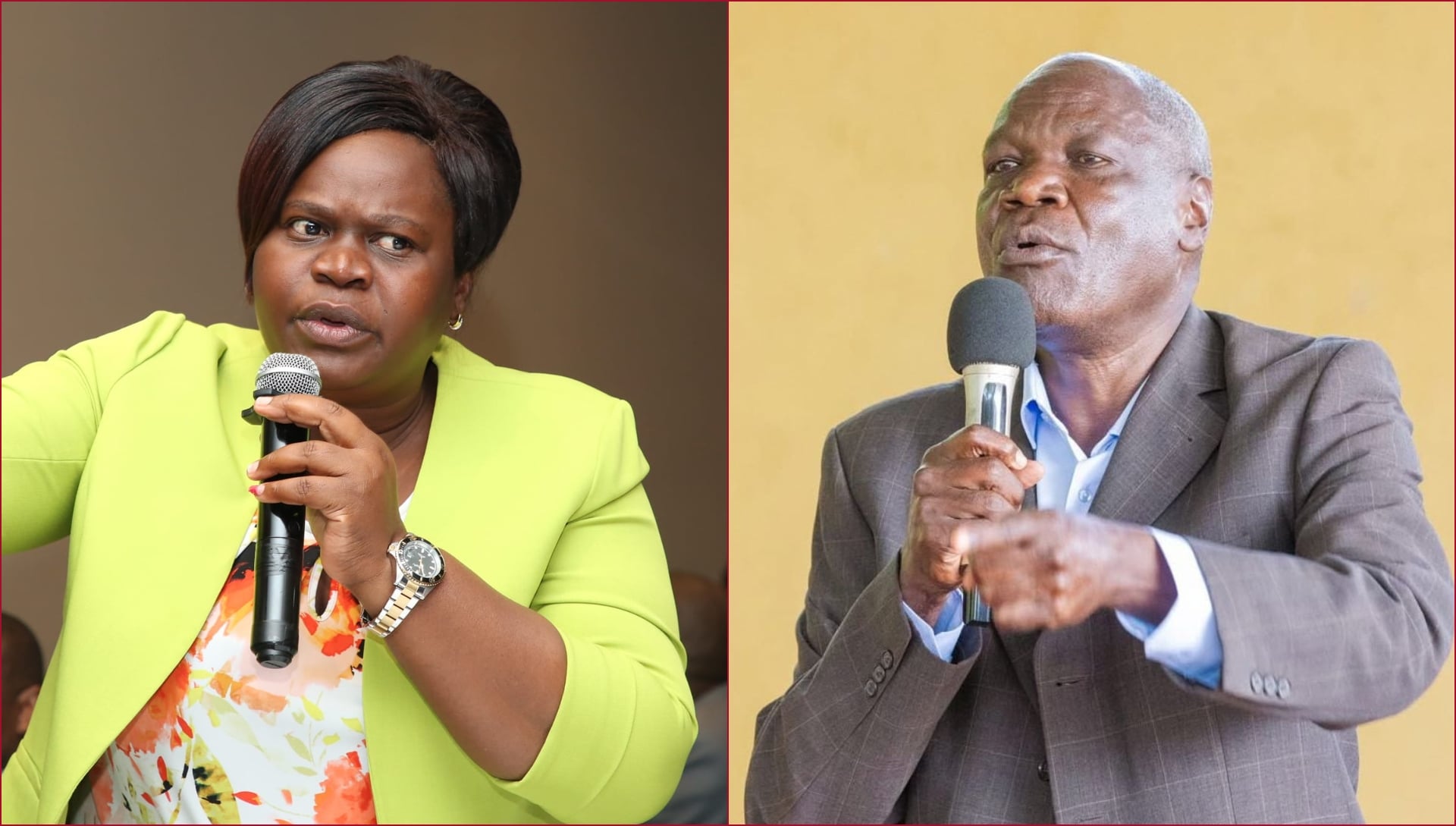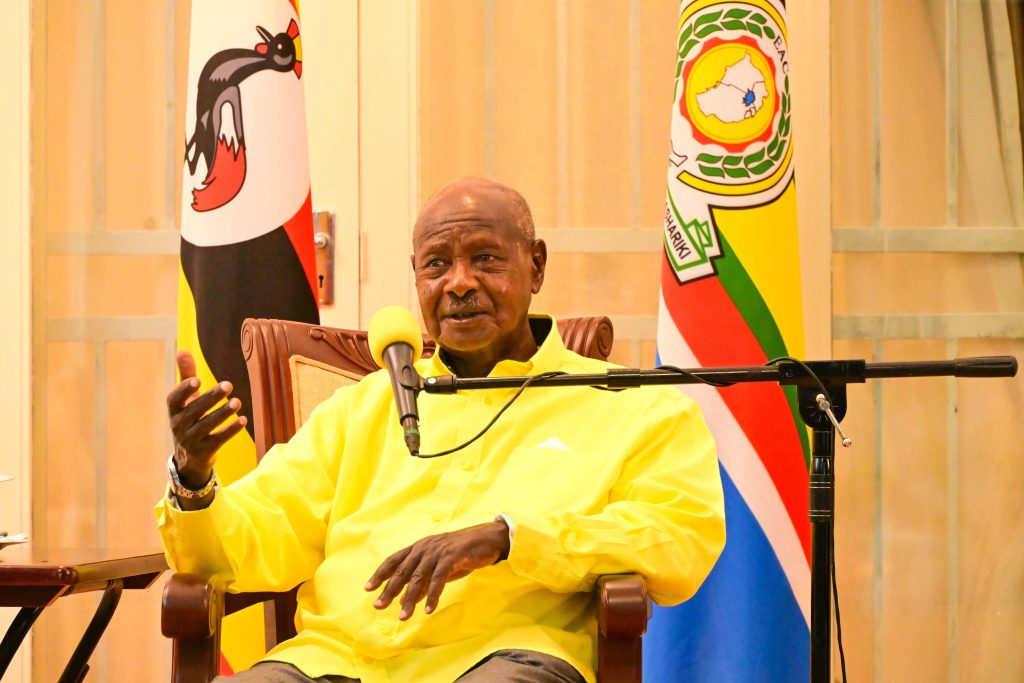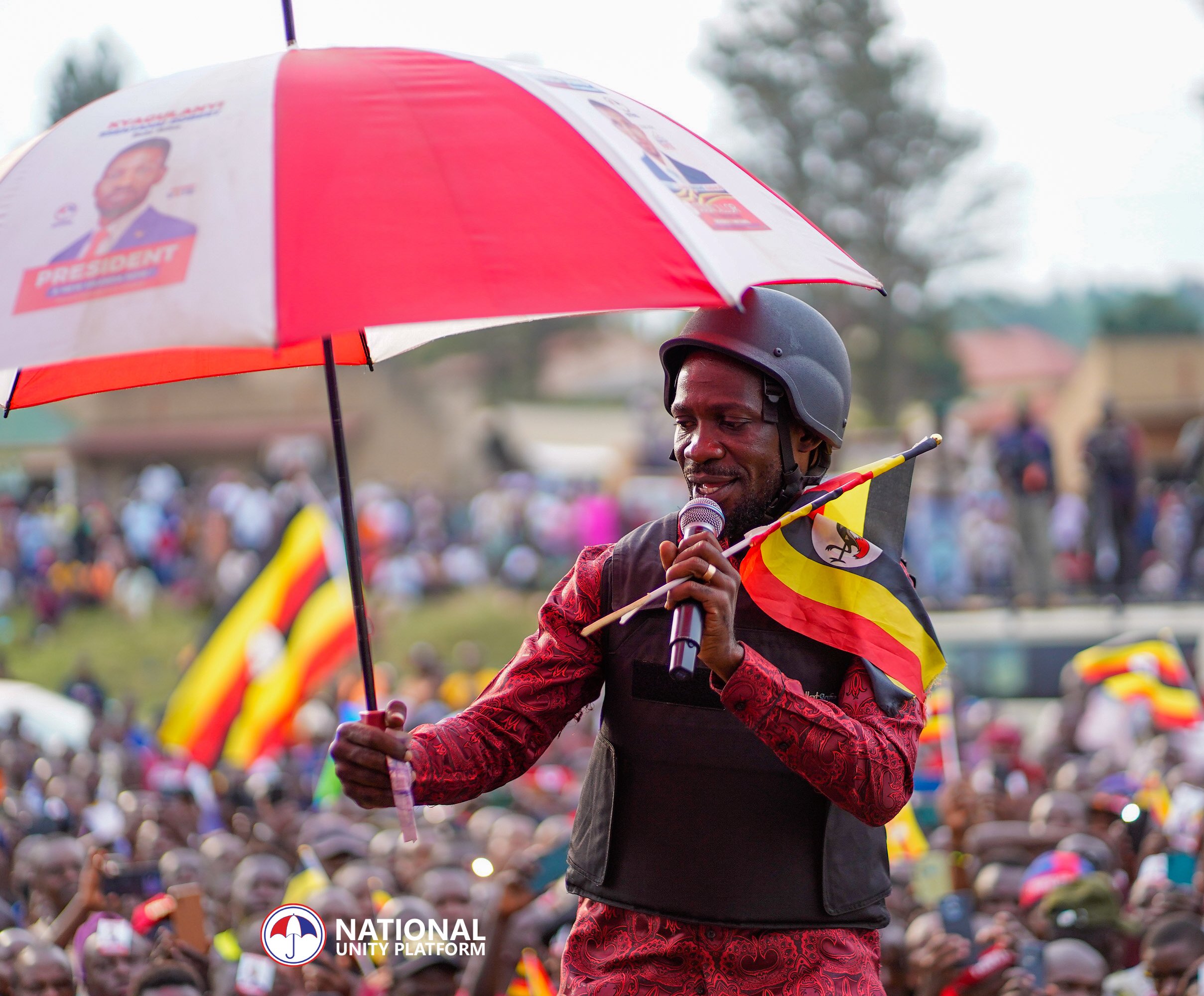In a startling development that has sparked uproar across Kenya’s digital community, a senior member of the ruling United Democratic Alliance (UDA) is preparing to table a bold legislative proposal aimed at choking the independence of social media influencers and content creators.
According to well-placed sources, the proposed Bill will impose draconian licensing requirements, disclosure mandates and punitive sanctions for online personalities—marking one of the most aggressive regulatory moves yet against Kenya’s rapidly growing creator economy.
According to the draft text obtained by Nairobi Leo, the Bill will compel all individuals making money from digital platforms—such as Instagram, TikTok, YouTube or X—to apply to the Communications Authority of Kenya (CA) for a “creator licence”.
The licence application will demand full personal data: national ID number, bank account details, proof of tax registration and a sworn declaration of the type of content posted and the size of the creator’s audience.
Failure to obtain the licence, or operating after suspension or revocation, will be punishable with fines of up to KSh 5 million or imprisonment up to five years. Additionally, creators will be required to label each sponsored post with a unique code provided by CA, disclose the monetary value of each endorsement, and submit quarterly reports on their online revenue and follower growth.
The Bill also proposes that creators with more than 100 000 followers be subject to annual audits by the Kenya Revenue Authority (KRA) and the digital tax unit. The justification cited in the drafts is to “safeguard youth” and “curb irresponsible monetisation of social media content”.
Why this move has ignited controversy.
First, Kenya’s influencer-economy has exploded in recent years, enabling thousands of young Kenyans to earn livelihoods online—and the proposed legislation is seen as an existential threat to that emerging freedom. Many creators are now reacting with anger and alarm.
The prospect of surrendering financial records, bank statements and user data to state regulators has created an immediate wave of backlash.Second, the timing and sponsorship of the Bill raise major questions about intent. Insider sources say the sponsoring UDA MP believes much of the influencer space is “unchecked” and needs to be brought under direct regulatory control.
Yet critics argue the move appears less about protecting youth and more about giving political authorities tools to monitor, sanction and control popular voices on social media.Third, the broader implications for freedom of expression are profound.
While the government increasingly regulates traditional media, extending state licensing to digital creators—many of whom operate as freelance journalists, critics or opinion-shapers—is a dramatic escalation. Digital rights groups warn of “back-door censorship by licensing”.
What happens next.
The Bill is expected to be tabled in the National Assembly in the coming weeks, where it will be referred to the Departmental Committee on Communication, Information & Technology for public participation. Creators and civil society groups are mobilising an urgent campaign ahead of that phase, calling for the draft to be withdrawn or radically amended.
Meanwhile, creators are advised to begin preparing for the possibility of formal registration, tracking of revenue streams and compliance burdens. Some digital platforms and agencies say they will hold off on signing new talent until the regulatory environment becomes clear.














Leave a Reply